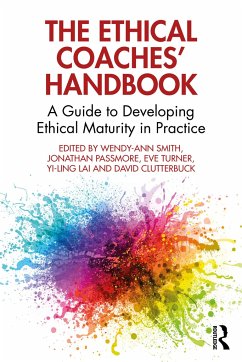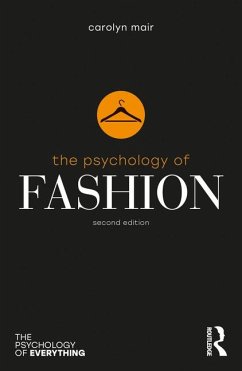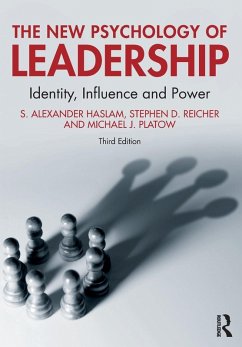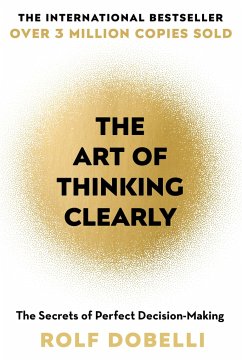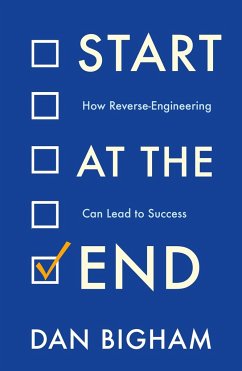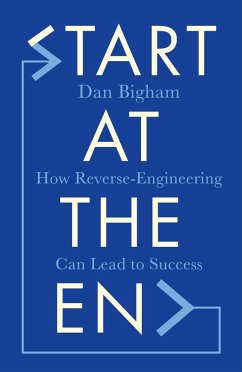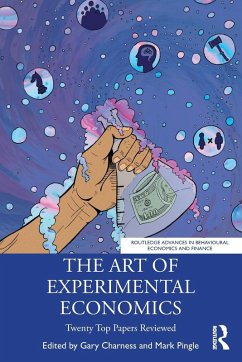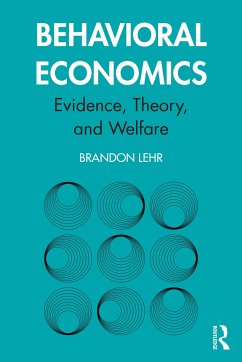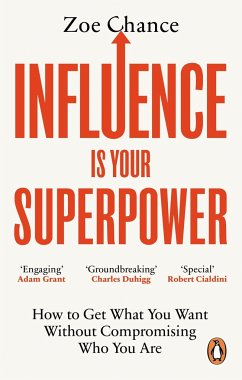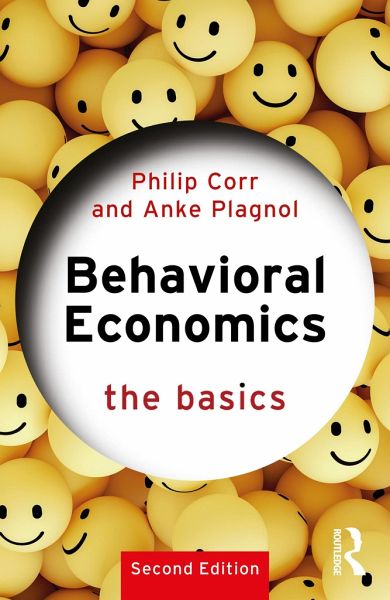
Behavioral Economics
The Basics

PAYBACK Punkte
10 °P sammeln!
The second edition of Behavioral Economics: The Basics summarizes behavioral economics, which uses insights from the social sciences, especially psychology, to explain real-world economic behavior. Behavioral economic insights are routinely used not only to understand the choices people make but also to influence them, whether the aim is to enable citizens to lead healthier and wealthier lives, or to turn browsers into buyers.Revised and updated throughout with fresh current-event examples, Behavioral Economics: The Basics provides a rigorous yet accessible overview of the field that attempts ...
The second edition of Behavioral Economics: The Basics summarizes behavioral economics, which uses insights from the social sciences, especially psychology, to explain real-world economic behavior. Behavioral economic insights are routinely used not only to understand the choices people make but also to influence them, whether the aim is to enable citizens to lead healthier and wealthier lives, or to turn browsers into buyers.
Revised and updated throughout with fresh current-event examples, Behavioral Economics: The Basics provides a rigorous yet accessible overview of the field that attempts to uncover the psychological processes which mediate all the economic judgements and decisions we make. The book showcases how behavioral economics is rooted in some now-old (philosophical, political, and moral) ideas surrounding economics, and in an important sense is a modern expression of some long-standing criticisms of mainstream economics. It contrasts the neoclassical economic perspective (ECON) with a more realistic perspective (HUMAN - the flesh-and-blood economic agent who is not perfect in all respects but who manages to do the best under limitations and constraints).
This is a comprehensive overview of the whole field, covering all the main areas, presented in a rigorous yet accessible form. It should especially appeal to students, those with an interest in applying behavioral economic knowledge in their professional life, and anyone who wants to know how they are being influenced every day of their lives by (usually unseen) behavioral insights.
Revised and updated throughout with fresh current-event examples, Behavioral Economics: The Basics provides a rigorous yet accessible overview of the field that attempts to uncover the psychological processes which mediate all the economic judgements and decisions we make. The book showcases how behavioral economics is rooted in some now-old (philosophical, political, and moral) ideas surrounding economics, and in an important sense is a modern expression of some long-standing criticisms of mainstream economics. It contrasts the neoclassical economic perspective (ECON) with a more realistic perspective (HUMAN - the flesh-and-blood economic agent who is not perfect in all respects but who manages to do the best under limitations and constraints).
This is a comprehensive overview of the whole field, covering all the main areas, presented in a rigorous yet accessible form. It should especially appeal to students, those with an interest in applying behavioral economic knowledge in their professional life, and anyone who wants to know how they are being influenced every day of their lives by (usually unseen) behavioral insights.






